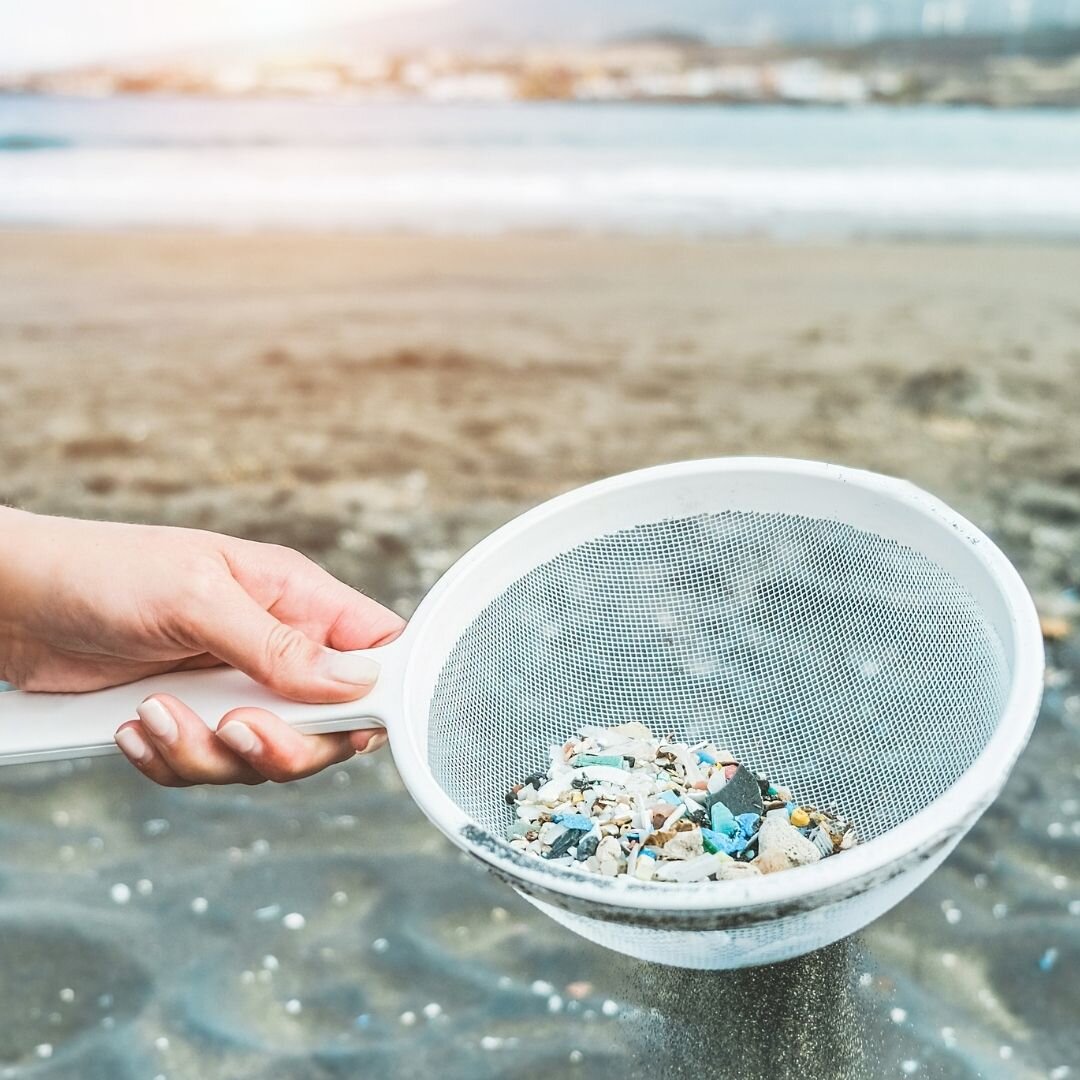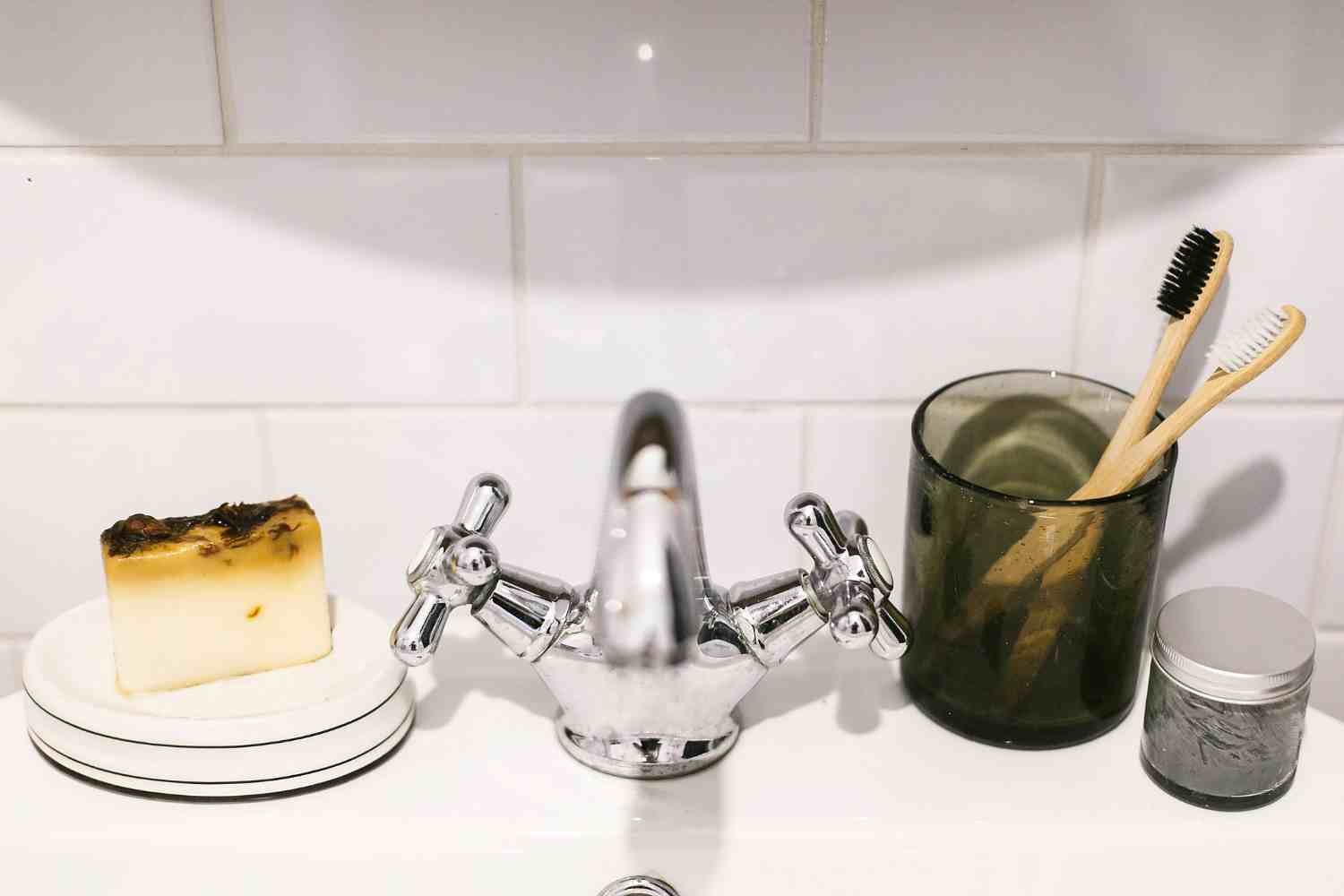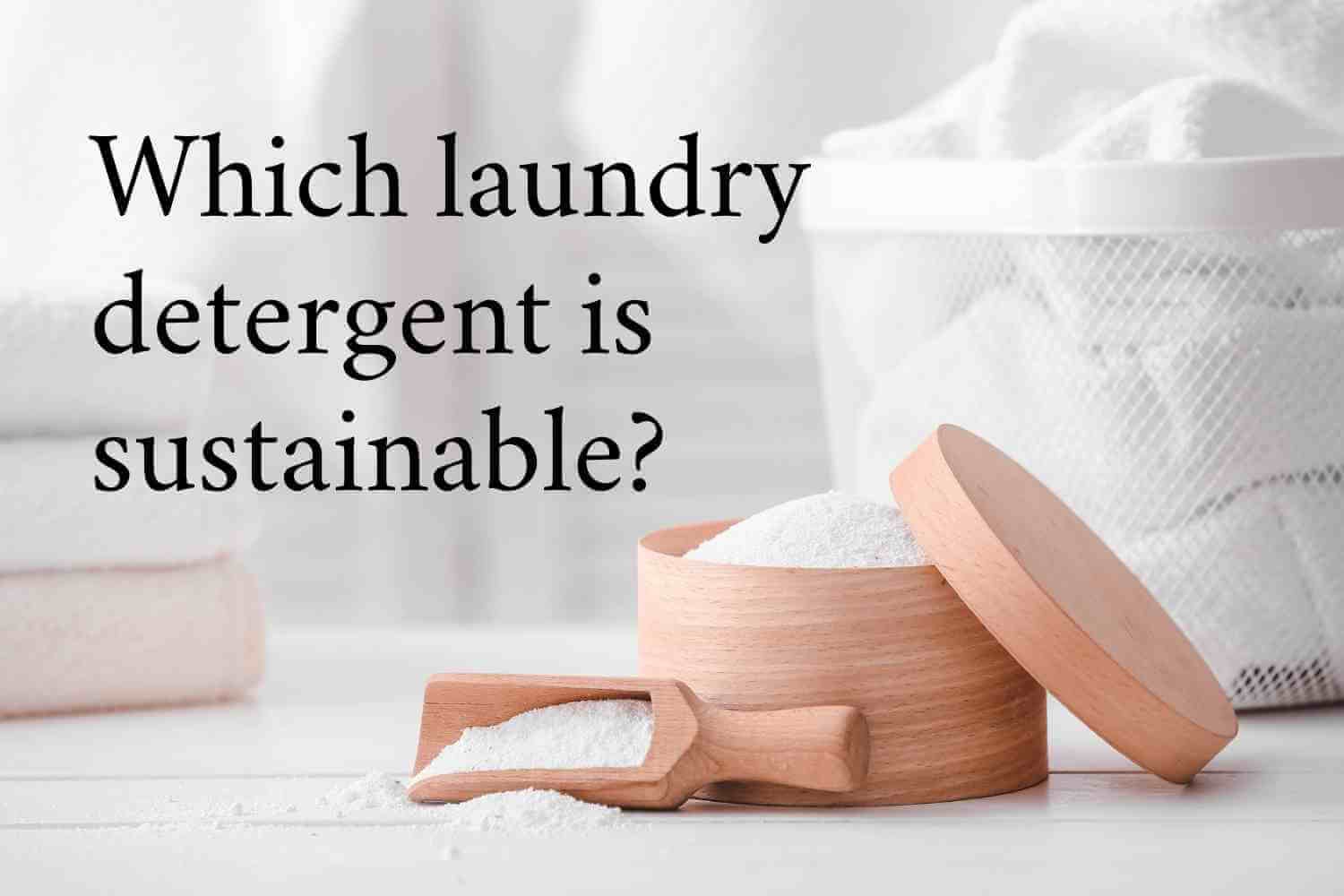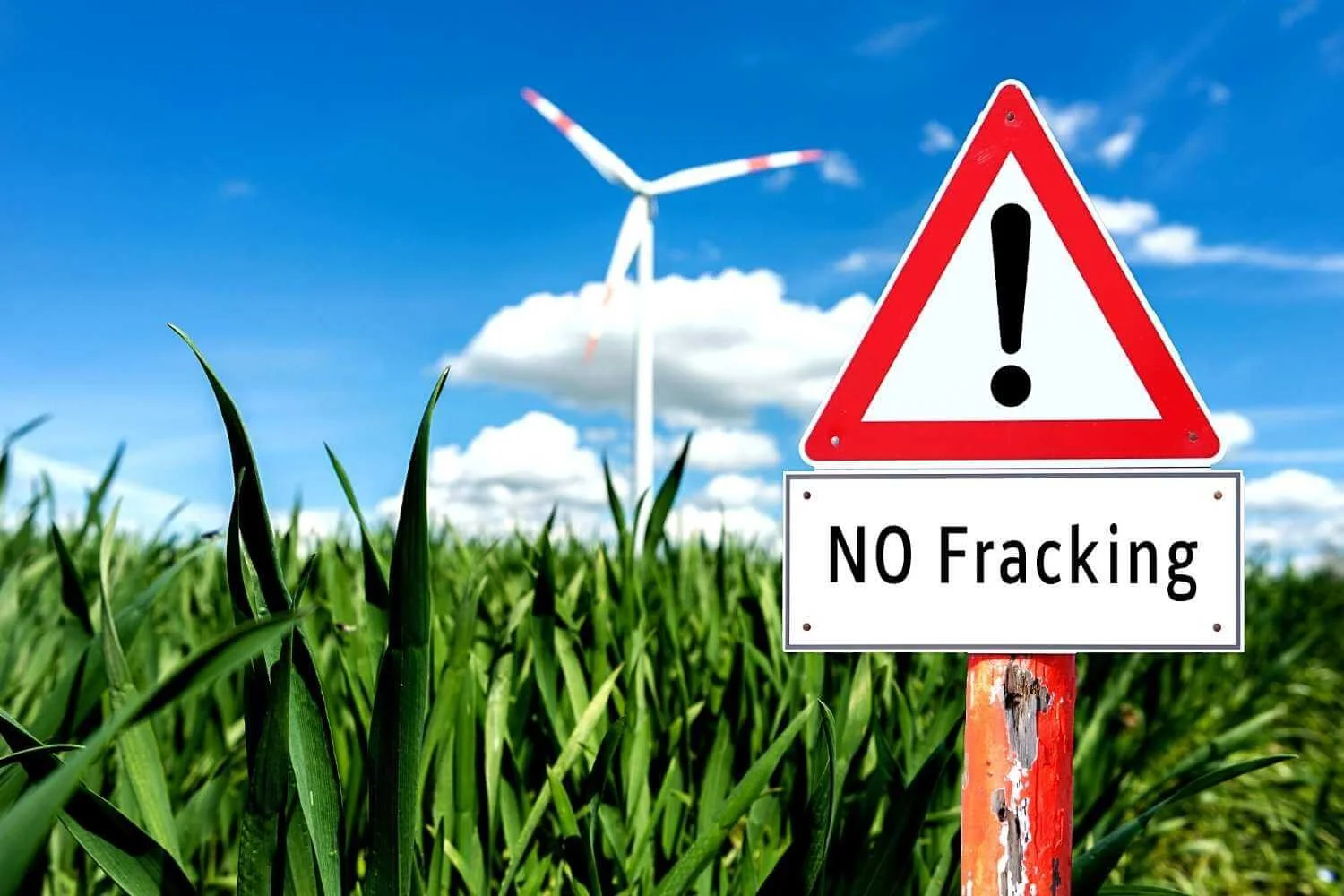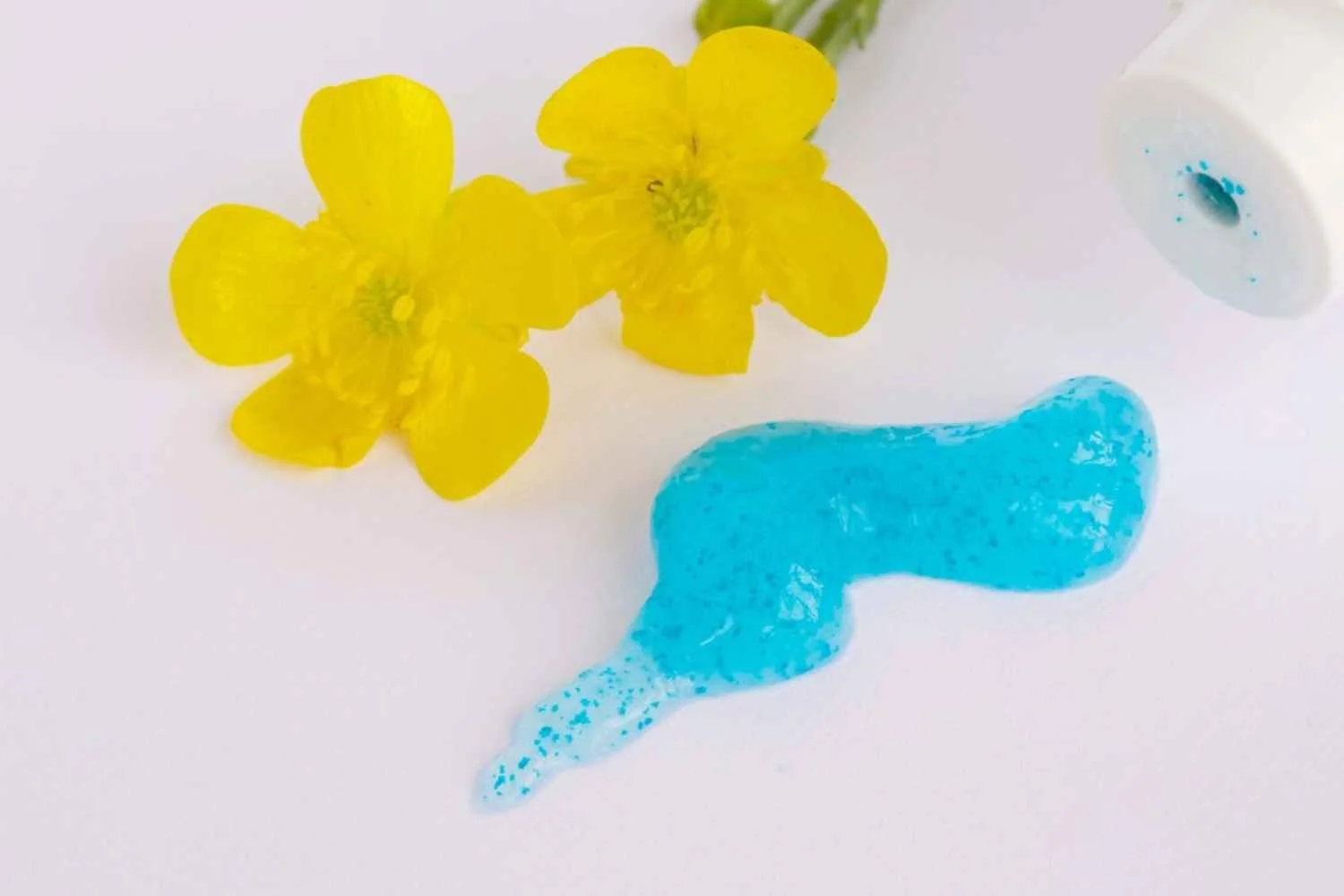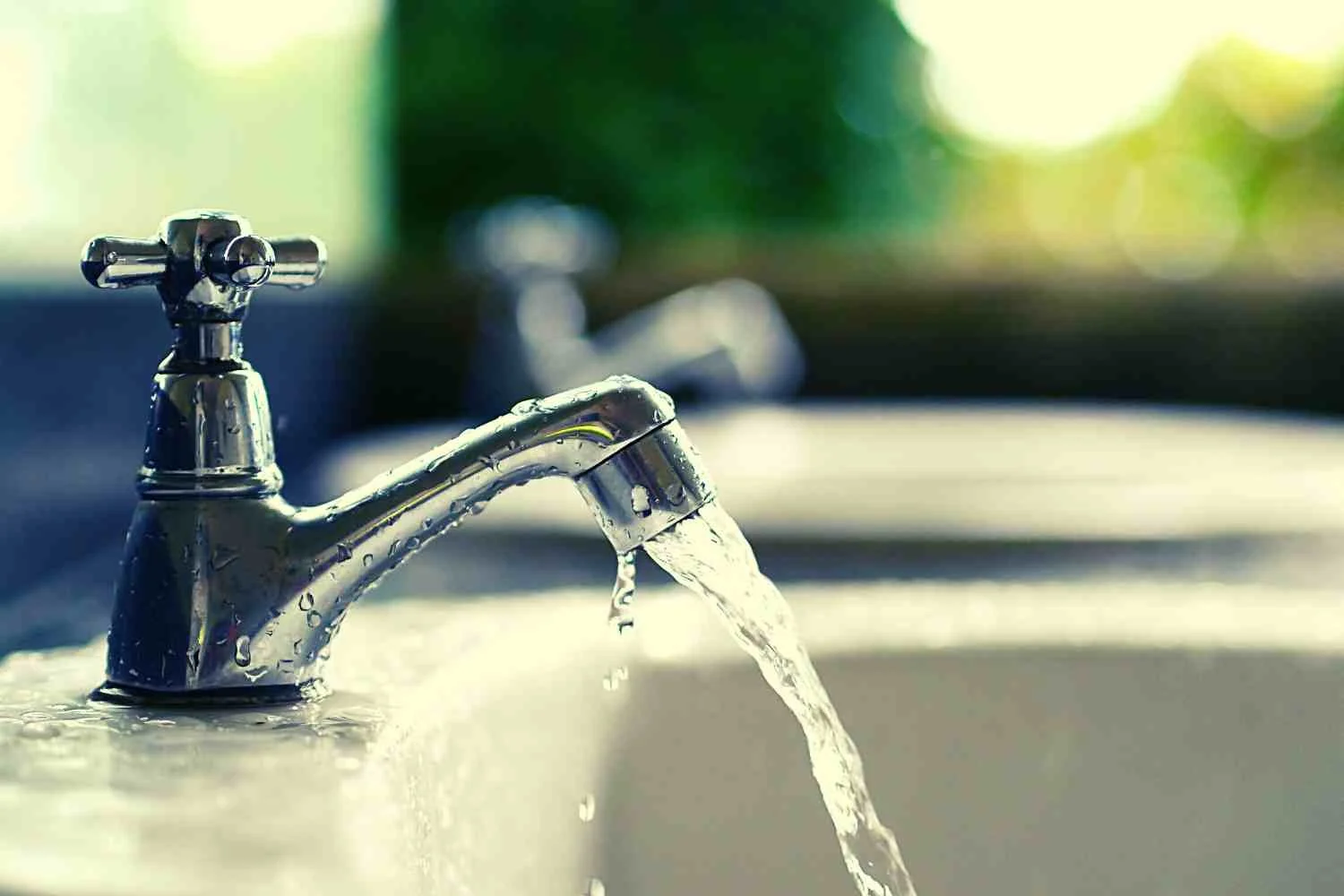How To Reduce Your Microplastic Pollution This Earth Day
Microplastics are harmful to wildlife and the planet Earth, here are some actions you can take to reduce the microplastics on an individual and systemic level
AD - This post is sponsored by EarthHero and contains affiliate links. All thoughts are my own.
Contrary to popular belief, single-use isn’t the only plastic you should be worried about this Earth Day.
A recent study estimated there are 14 million tons of microplastics on the ocean floor.
These pesky polymers are finding their way into the sea through popular products that we have all used (myself included).
It might seem overwhelming, but I’m going to walk you through it.
By the end of this post, you'll have lots of ideas for ways to reduce your microplastic pollution this Earth Day.
Image by DisobeyArt - Getty Images
What is Earth Day?
Earth Day is an annual event that always falls on April 22nd. It marks the anniversary of the environmental movement that started in 1970.
It has become the largest environmental event in the world, with over a billion people joining in.
The theme for 2021 is “Restore Our Earth” and three days of climate action begin on Tuesday 20th. Find out more about the global events happening here.
Who is EarthHero?
EarthHero is a community of earth-lovers who want green living to be simple.
They’ve created a sustainable online marketplace in the US and sell a large range of eco-friendly and ethically-made products for the whole family.
EarthHero is a B Corporation and a member of 1% For The Planet. They stock a variety of sustainable brands and plastic-free products so you can get everything you need in one place.
You can also use my affiliate code sustainablylazy for 10% off.
Tap the image to pin it to your eco-friendly board on Pinterest and help spread the word about Earth Day:
How to reduce your plastic pollution this Earth Day
The following list is a mixture of individual actions and ways to campaign for system change. Both are necessary for the fight against climate change and plastic pollution.
Sustainability isn’t about perfection or doing it all. If you aren’t able to do something, focus on another area - play to your strengths and what you can do.
1. Beat the microbead
Are there hidden plastics in your toiletries? Microbeads are tiny pieces of plastic that are less than 5mm in size. They are used for cleansing and exfoliating so are commonly found in toothpaste and face washes.
Many countries have banned microbeads in rinse-off products - basically, anything that goes straight down the plughole.
This is because water treatment plants are not designed to filter them out. When you have a shower, any microplastics get rinsed down the drain and into the ocean where sea creatures, birds and fish are ingesting them and getting sick.
There are two problems with this ban.
Firstly, it doesn’t cover products you leave on your body, like sunscreen. Secondly, companies in the US and Europe are ignoring the ban and continuing to use plastic microbeads in rinse-off products. They are simply changing the name of the ingredient to acrylic copolymer (or something similar sounding).
Action:
Check your toiletries for ingredients that sound like acrylate copolymer or polyethene. Particularly your sunscreen, exfoliators, toothpaste and face wash.
Use a free app called “Beat The Microbead” to scan ingredients lists on your personal care products and it will tell you if it contains microplastics.
Sign the petition by Plastic Soup Foundation to ban microplastics in the EU
If you find any products in your home with microbeads, post them back to the company that made them with a letter explaining why you will no longer be supporting their brand.
2. Boycott oil
We don’t just need corporations to stop making plastic, we need them to stop extracting oil.
Plastic is made from crude oil - a fossil fuel that is extracted from the ground (out at sea or on land) using a technique called fracking.
The carcinogenic chemicals used in fracking pollute the air, poison wildlife and are bad for human health. Fracking has also been known to cause earthquakes and leak oil into the sea.
Fossil fuels are the number one contributor to climate change, yet big oil corporations have invested billions into finding more. If we have any chance of restoring the Earth, we need to leave fossil fuels under the ground where they belong.
Action:
Switch to a green energy supplier
Switch to a bank that doesn’t invest in fossil fuels
Get involved in campaigning against fossil fuels
When you need to buy something that is plastic, try and find it second hand.
3. Liquid plastics in makeup
Plastic polymers can be liquid or wax. They are a cheap way to create the desired texture in beauty products. Polymers can be used to thicken water-based creams or turn them into gels.
They make your foundation creamier and help mascara last all day.
A German study found there were 50x more liquid microplastics in the sea than microbeads which is pretty scary, don’t you think?
The (very rich) manufacturer of these synthetic polymers may claim that they are not harmful to the environment, but seeing as they are made from petroleum, a fossil fuel, it makes sense to swap to eco-friendly alternatives.
Image credit: Beat The Microbead
Action:
Check your makeup, skincare and haircare for synthetic liquid polymers. The top three are Carbomer, Acrylic Copolymer and Cyclopentasiloxane but there are hundreds more.
When buying new cosmetics, look for the above Zero logo so you can be certain the brand doesn’t use microplastics.
Use the free app Beat The Microbead to check products before you buy them. You can scan the ingredients list on a computer too.
Have a go at making your own products. There are loads of tutorials on Pinterest for easy to make products.
EarthHero have a range of plastic-free beauty, sunscreen and makeup.
Get 10% off with my code sustainablylazy
4. Go litter picking
“Floating plastic debris are currently the most abundant items of marine litter.”
Plastic pollution is a widespread problem that is threatening wildlife and natural ecosystems all over the world. You’ve probably seen images of turtles trapped in plastic bags and as heartbreaking as that is, it gets so much worse.
Animals mistake plastic for food and consuming it is incredibly harmful to their health. Plastic is made of chemicals like BPA and phthalates which disrupt the hormone system in the body. This leads to liver failure, infertility and low energy levels which can be detrimental to the ecosystem as a whole.
Actions:
If you’re feeling confident, you could arrange a beach clean with your local community - socially distanced of course. It’s the perfect way to help restore the planet during Earth Week.
Casual litter-picking. It doesn’t have to be an event, simply picking up trash as you see it. It helps to have a spare carrier bag in your rucksack or pocket.
If you have children, this is a great way to introduce them to environmentalism. Young people are the future and many of them are keen to protect the earth. My three-year-old son and I take a bag to the park and collect all the trash we find along the way (there is always so much).
5. Avoid petroleum-based detergents
It’s probably not a surprise at this point, but cleaning products are also packed with petrochemicals.
This is a hard one because brands like to avoid disclosing the ingredients in their cleaning products. However, if you do an online search for a company’s safety data sheet (I usually type their name and MSDS) you can usually learn which surfactants are used.
Actions:
Image by Woodkern - Getty images
6. Find a local refill store
Supermarkets and corporations are failing to invest in reusable and refillable packaging.
The Ellen McArthur Foundation Global Plastics Commitment found that in 2019 reusables accounted for just 1.9 per cent of packaging, up only 0.1% from a year earlier.
If supermarkets are unwilling to make the changes necessary to protect the planet, it’s worth giving your money to someone who is.
Actions:
Search for “bulk food stores” on Yelp and it will list bulk stores in your area.
Ask for recommendations on your local zero waste Facebook group (people are SO helpful).
Use this list to find zero waste bulk stores in your state.
I’d love to hear what your plans are for Earth Day this year - let me know in the comments below.
If you found this useful, give it a share using the buttons below and help spread the word about plastic pollution.


